Newsletter

Foreign Workers Allowed to Work in IKN for 10 Years
The Indonesian government has recently issued Government Regulation No. 12 of 2023 concerning the Granting of Business Licenses, Business Ease, and Investment Facilities for Business Actors in the New Capital City of Nusantara ("GR 12/2023"), which came into effect on March 6, 2023. GR 12/2023 contains regulations regarding foreign workers who are permitted to work in the Capital City of Nusantara (Ibu Kota Nusantara or IKN). According to Article 22, business actors conducting activities in the IKN...

The Credit Suisse AT1 Bond Crisis: 3 Months on - Perspectives from the Far East
Three months have gone by since the unprecedented write-down of Credit Suisse AT1 bonds, wiping out over billions of bonds as part of the UBS rescue takeover. The move by FINMA the Swiss regulator has been decried by investors and indeed regulators all over the world and Asia has felt the impact no less than anywhere else in the world. Indeed, investors from the far east form a substantial part of the exposure. Withers is leading Singapore's largest contingent of affected bondholders with over 180 investors in a multi-million dollar claim. It is reported that Japanese investors suffered an aggregate loss of about USD 1 billion from the crisis. The actual impact of the fallout on asian investors remain to be seen. Nevertheless, three months on, the dust has settled somewhat and perhaps some new perspectives can be gleaned.
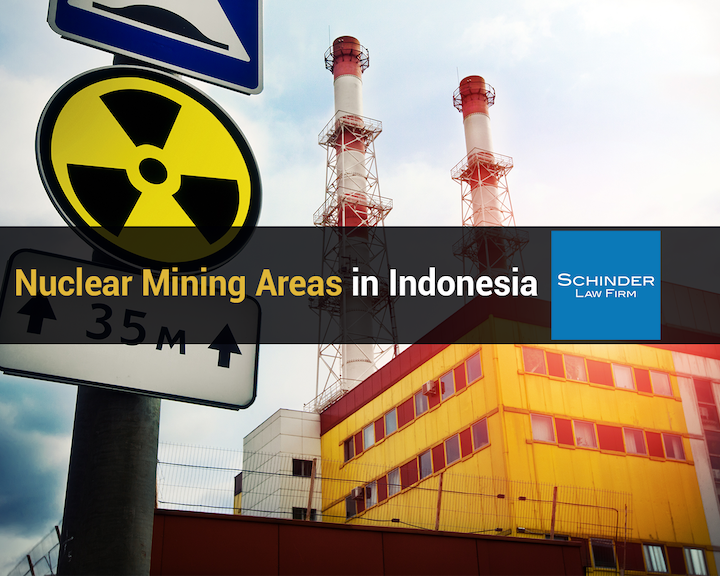
Nuclear Mining Areas in Indonesia
President Joko Widodo has recently issued Government Regulation No. 25 of 2023 concerning Mining Areas ("GR 25/2023"). This Government Regulation comes into effect on May 5, 2023. It governs various aspects of mining area, including permits for radioactive mineral mining known as Wilayah Izin Usaha Pertambangan or WIUP. As defined in Government Regulation No. 52 of 2022, radioactive minerals are minerals used as raw materials for nuclear fuel production, which are the primary products of nuclear mineral mining activities.

Supporting ALSA University of Udayana's English Legal Practice 2023
Bali International Arbitration and Mediation Center (BIAMC) is thrilled to extend our support to ALSA English Legal Practice 2023, brought to you by the English Development Division of Asian Law Students' Association Local Chapter Universitas Udayana - Bali or ALSA LC UNUD. Brace yourselves as we delve into the captivating theme "Resolving Conflicts: The Power of Arbitration and Mediation".

The Ban on The Export of Raw Mineral Material Bauxite Will Take Effect in June 2023 in Indonesia
President Joko Widodo announced that Indonesia will impose a bauxite export ban starting in June 2023 to promote domestic processing of its mineral resources. The ban is in line with Minister of Energy and Mineral Resources Regulation No. 17 of 2020 concerning the Third Amendment to Energy and Mineral Resources Regulation No. 25 of 2018 concerning Mineral and Coal Mining Business ("MEMRR 17/2020") and...

Divestment on Mining Shares in Indonesia
Business entities that hold Mining Business Permits (Izin Usaha Pertambangan or IUP) or Special Mining Business Permits (Izin Usaha Pertambangan Khusus or IUPK) and are in the stage of production operation, whose shares are owned by foreigners, are required to gradually divest their shares by 51% (fifty-one percent) to the Central Government, Regional Governments, State-Owned Enterprises (Badan Usaha Milik Negara or BUMN), Regional-Owned Enterprises (Badan Usaha Milik Daerah or BUMD), and/or...

Joint Guide to ASEAN Model Contractual Clauses (MCC) and EU Standard Contractual Clauses (SCC)
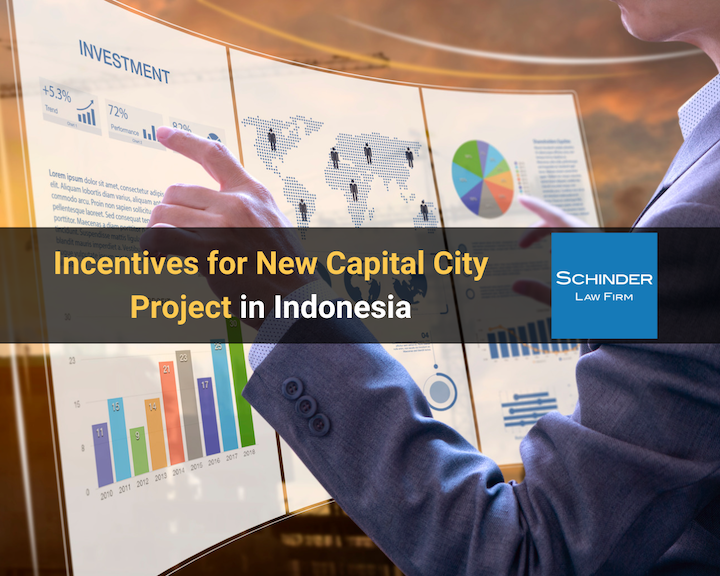
Incentives for New Capital City Project in Indonesia
The Indonesian government has recently issued Government Regulation No.12 of 2023 concerning the Granting of Business Licenses, Business Ease, and Investment Facilities for Business Actors in the New Capital City of Nusantara ("GR 12/2023"), which provides various fiscal and non-fiscal incentives to businesses seeking to invest in Indonesia's new capital city, Nusantara. The regulation aims to provide greater...

VAT Incentive Regulations on the Purchase of Electric Vehicles
The Government is committed to accelerating economic transformation through value-added tax (VAT) incentives for the purchase of electric vehicles, including four-wheeled vehicles and buses in Indonesia. The Ministry of Finance has issued Minister of Finance Regulation No. 38 of 2023 concerning Value Added Tax on the Delivery of Certain Four-Wheeled Battery-Based Electric Motor Vehicles and Certain Battery-Based...

Reform of Arbitration Law: the Law Commission's Consultation on Enka
A consultation by the Law Commision is underway to determine wheter it is necessary to tweak the English Arbitration Act 1996. So far, the consultation responses largery have beenk along the lines expected, albeit with diverging views expressed on some proposals, and widepread

Minister of Manpower Regulation No.5 of 2023: Companies Can Adjust Labor Wages
Recently, the Ministry of Manpower issued a regulation in Indonesia intended to maintain the sustainability of the industrial climate in Indonesia amidst global economic uncertainty. This is the Minister of Manpower Regulation No. 5 of 2023 concerning Adjustment of Working Time and Wages in labor-intensive export-oriented industrial Companies that Affected by Changes in the Global Economy ("MOMR 5/2023").
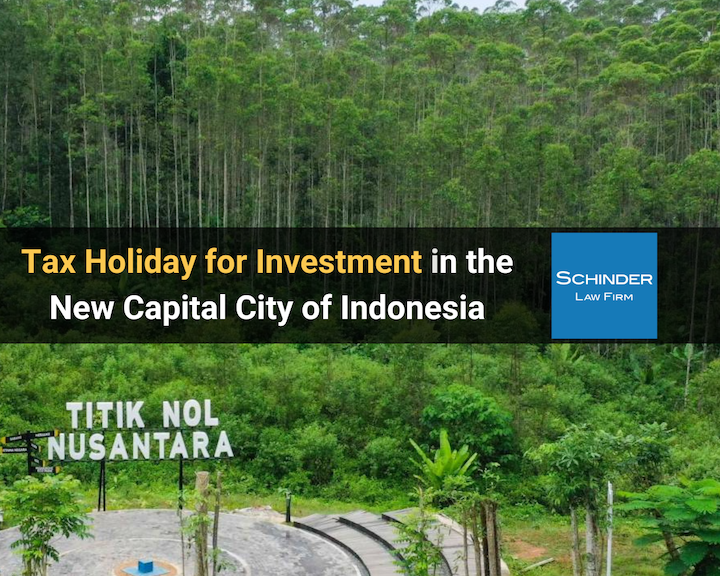
Tax Holiday for Investment in The New Capital City of Indonesia
The Indonesian government has been contemplating a relocation of the country's capital from Jakarta to Nusantara. The development of the new capital requires substantial private investment, and the government is incentivizing such investment with the recently enacted Government Regulation Number 12 of 2023 on the Provision of Business Licenses, Ease of Doing Business, and Investment Facilities for Businesses in the Nusantara Capital City ("GR 12/2023").
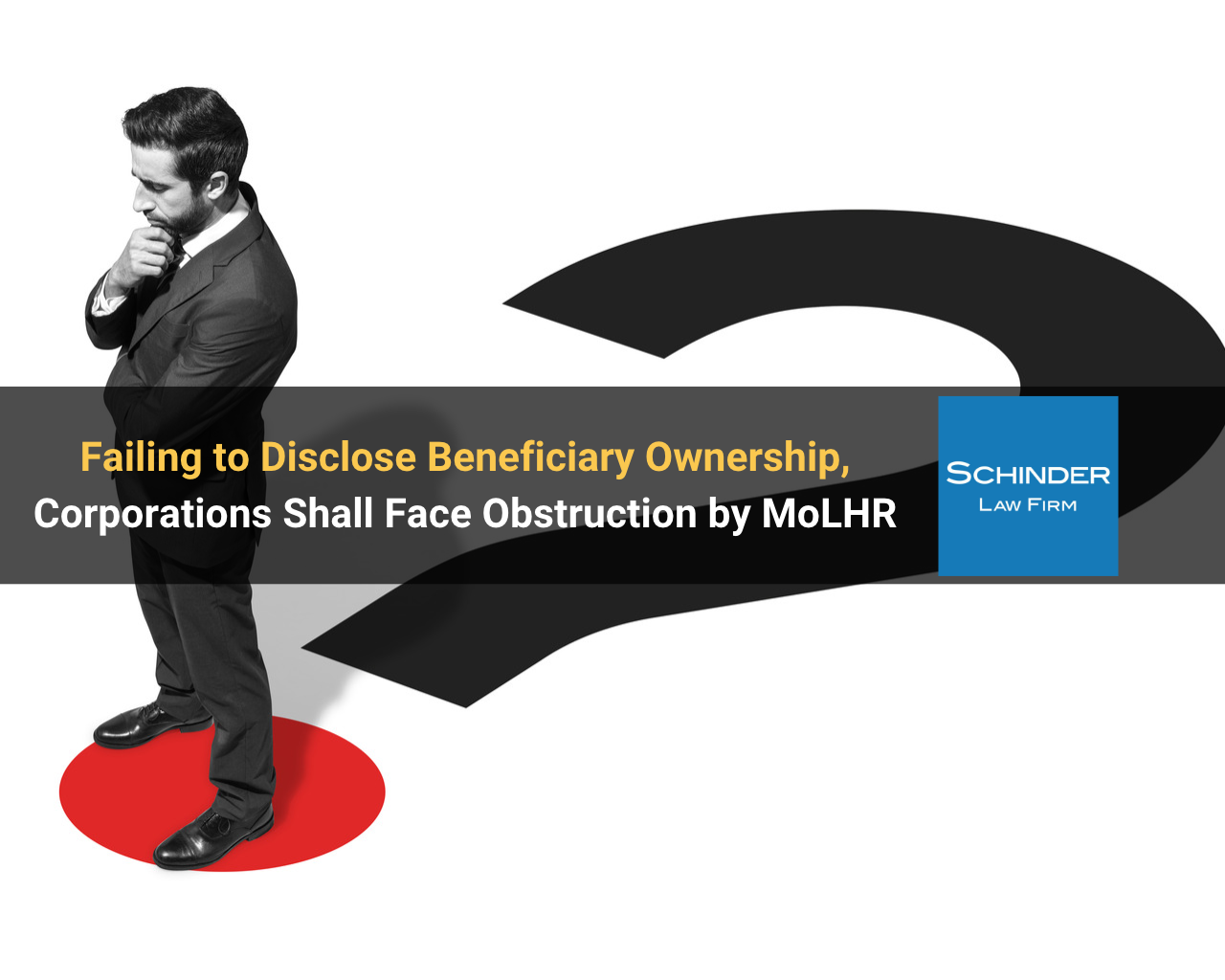
Failing to Disclose Information Regarding Beneficiary Ownership, Corporations Shall Face Obstruction by the Directorate General of General Legal Administration, Ministry of Law and Human Rights in Indonesia
The disclosure of beneficial ownership data by corporations is crucial in preventing corruption in licensing and procurement of goods/services, as well as in aiding case management. However, as of December 2022, only 38.47% of beneficial ownership data has been declared in Indonesia...
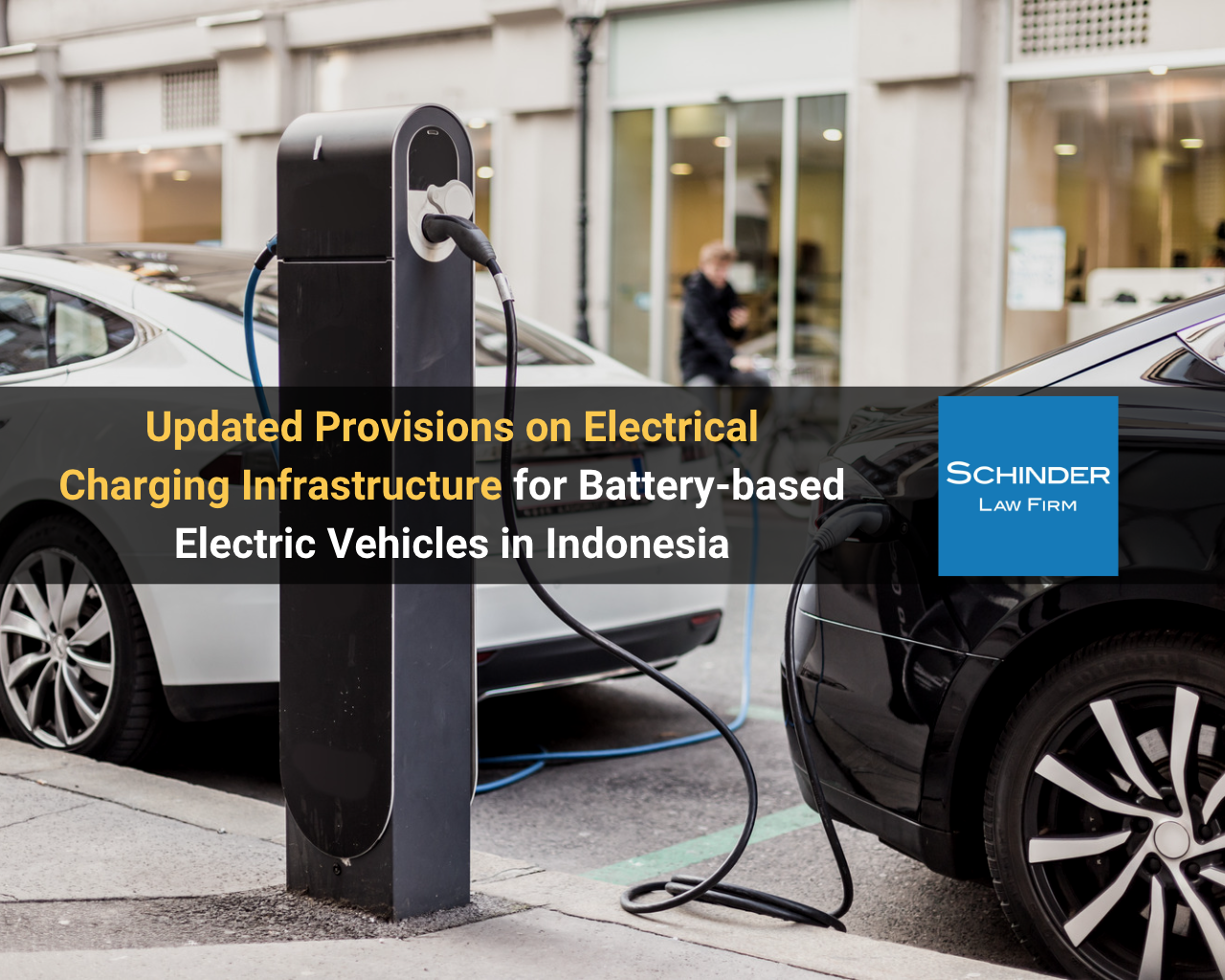
Updated Provisions on Electrical Charging Infrastructure for Battery-based Electric Vehicles in Indonesia
To accelerate the battery-powered electric motorized vehicles ("Electric Vehicles") program and the provision of charging infrastructure, the Minister of Energy and Mineral Resources has issued Regulation No. 1 of 2023 on the Provision of Electrical Charging Infrastructure for Battery-powered Electric Motorized Vehicles ("Regulation 1/2023") as a fundamental regulation in Indonesia. Consequently, the previous legal...

Companies Shall Provide the THR No Later Than Seven Days Before Eid Al-Fitr 2023
The Religious Holiday Allowance or Tunjangan Hari Raya (THR) is a mandatory bonus payment for employees in Indonesia before religious holidays, such as Eid al-Fitr or Christmas. The payment is intended to help employees celebrate the holidays and cover their expenses during the festive season.
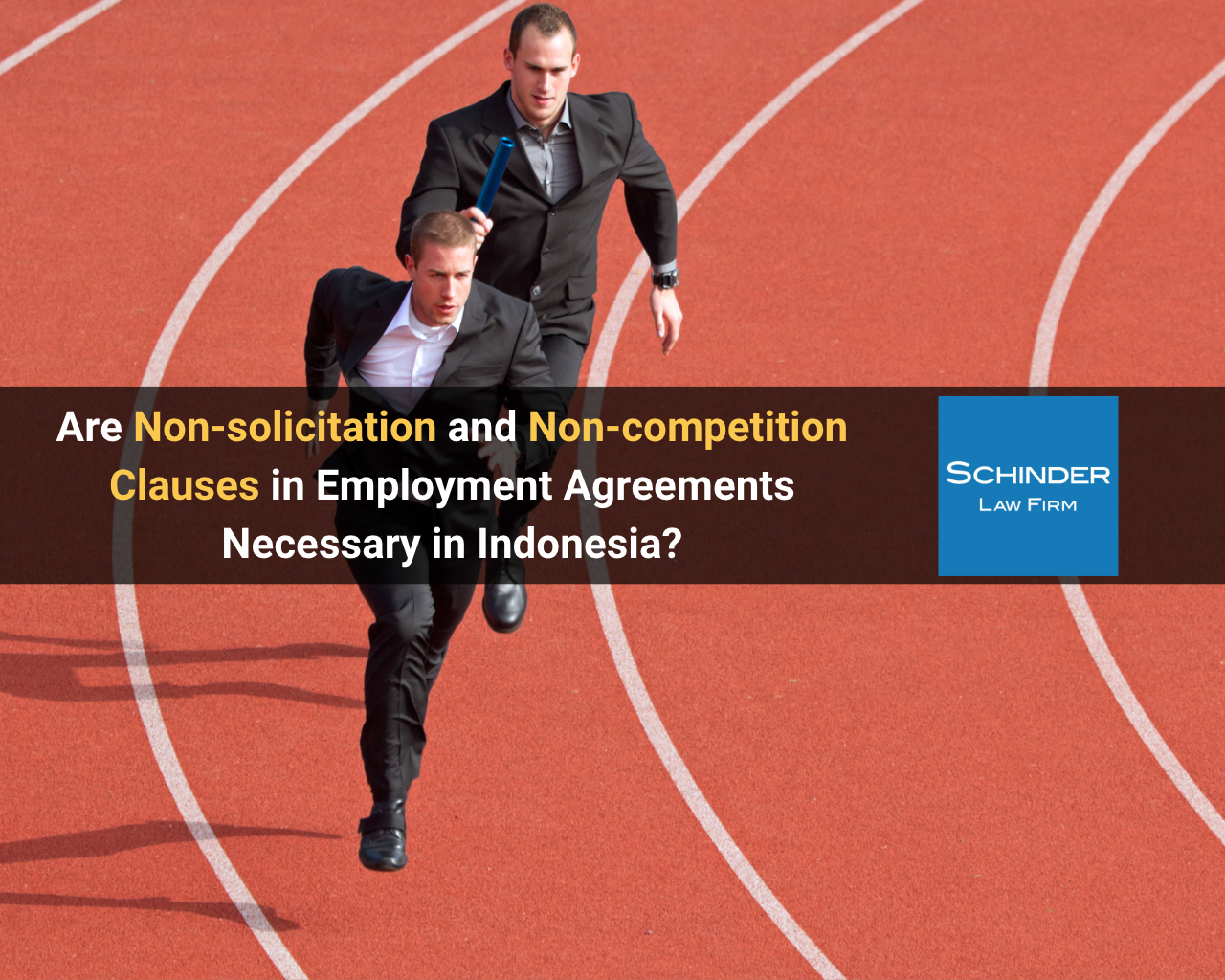
Are Non-solicitation and Non-competition Clauses in Employment Agreements Necessary in Indonesia?
There are clauses in employment agreements that are often included, namely confidentiality, non-solicitation and non-competition clauses. The purpose of these clauses is to avoid unfair competition and attempts to create competitors or having former employees take advantage of the company's data, information and customers.
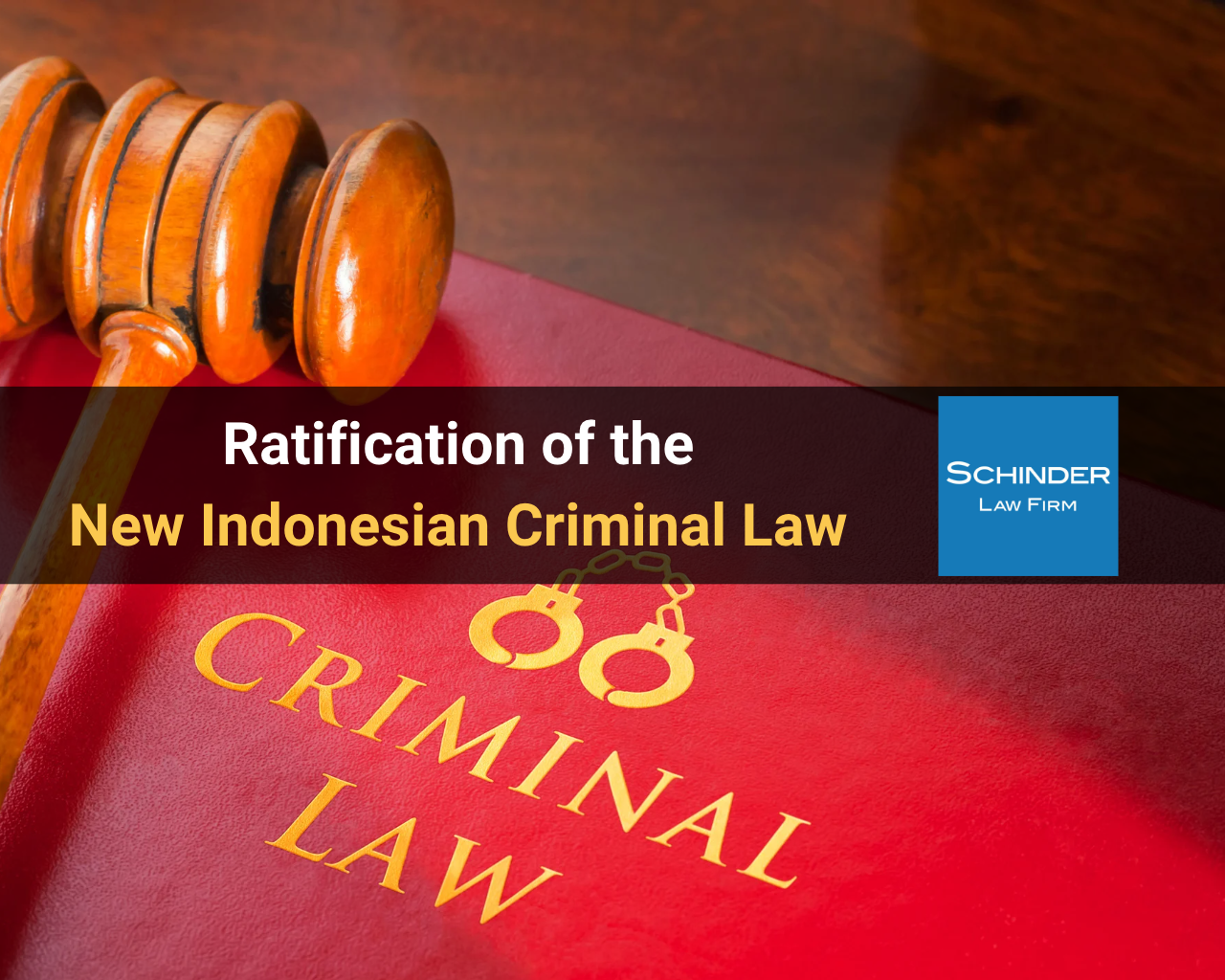
Ratification of the New Indonesia Criminal Law
On 2nd January 2023, the Indonesian Criminal Code was finally ratified into Law Number 1 of 2023 concerning regulation in Indonesia ("Law 1/2023"). The objective of enacting Law 1/2023 is to replace Law Number 1 of 1946 concerning Criminal Regulation ("Law 1/1946"), which was notable as the colonial Criminal Code. Article 622 Paragraph (1) of Law 1/2023 stipulates that after the Law 1/2023 comes into effect, Law 1/1946 shall be revoked. The ratification of Law 1/2023 marks the beginning of the transition to the new era of Indonesian criminal law.

Indonesia Customs and Excise Activity Guarantee Rules Change Starting in 2023
The government changed the provisions regarding guarantees in the context of customs and excise activities. Minister of Finance Sri Mulyani Indrawati issued Minister of Finance Regulation No. 168/PMK.04/2022 concerning Guarantees in the Context of Customs and Excise Activities ("PMK 168/2022") regarding guarantees in the customs framework that took effect on January 1, 2023. This was done to improve services to the public and ensure legal certainty for the user in the field of customs and excise.